Texts: Hermenegildo Langa, Elton Pila (In Namaacha) e Cristiana Pereira (In Marracuene).
Photos: Amilton Neves, Mauro Pinto and courtesy of Beluluane Industrial Park.
Industry Especial | Download
Editorial
THE COUNTRY’S MAIN INDUSTRIAL HUB

The Industrial Association of Mozambique (AIMO) and Executive Mozambique bring forth to the public, as a result of their partnership, the 2nd edition of Industry Special Edition, an instrument for the dissemination and promotion of the national industry sector, in general, and the services of AIMO members, in particular. This edition covers the province of Maputo in order to highlight its strategic positioning as the country’s main industrial hub, hoping that its experiences and resilience will serve to catalyse other geographies in the country.
As a way of showing some potential that the province offers to the industrial sector, with regard to the food industry, this edition highlights Companhia Industrial da Matola, which is a historic food company in Mozambique, and MEREC, which is today a national reference in the production of corn and wheat flour, pasta, crackers, bran and animal feed.
The edition also deals with the manufacturing sector, with emphasis on the Industrial Park of Beluluane and Mozal, which concentrate most of the country’s industries, establishing the two entities, and therefore, a significant source of national revenue. The agro-industry sector also deserves to be highlighted in this edition, in particular the districts of Namaacha and Boane.
It should be noted that, within the scope of the partnership established between AIMO and Executive Mozambique, the Industry Special supplement will be made public over six editions. At the end, a publication will be released condensing all the material collected, in an event in the format of an economic and industrial conference. For a dynamic, modern and competitive industry.
Osvaldo Faquir
Executive Director Of Aimo (Associação Industrial de Moçambique)
Maputo Province
FROM ALUMINIUM TO AGRO-INDUSTRY
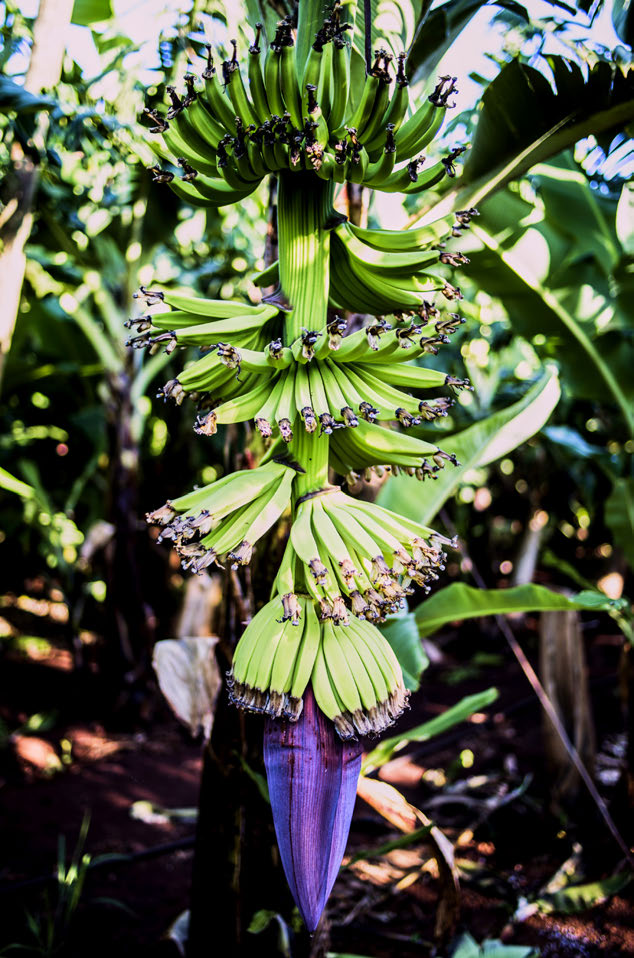
investment – 2,5 Billion USD – Global investment volume recorded in the last two years in Maputo Province.
Industry – 550 Million USD – Investment amount represented by the manufacturing industry
When talking about industrial hubs in the country, no province depends on industry as much as Maputo. Considered the country’s industrial capital (the city of Matola and the province of Maputo in general), 80% of its tax revenue come from the industrial sector, with emphasis on the food and beverages sector, such as Companhia Industrial da Matola (CIM), MEREC and Cervejas de Moçambique.
Its geographical location is a favourable factor, as Matola is an entry point for investment, being crossed by the transport corridor that connects Mozambique to South Africa. It is there where the largest and only aluminium factory (MOZAL) and the Beluluane industrial park are located, a territory that concentrates several industries. It should be noted that, even with the emergence of new industrial centres in the Centre and North of the country, as a result of mega projects in the extractive sector, Matola continues to lead the chart.
In 2019, the industrial sector recorded a slight recovery in this province, a growth of 3.5%, and it was expected that last year it would achieve a greater recovery, since a drop in the price of aluminium was not expected, a phenomenon that in 2018 partly hindered the market, reflected in the reduction of the province’s global production. However, with the COVID-19 pandemic, that projection may not materialise.
The provincial government of Maputo considers that, although in 2017 the sector recorded a drop in production, from 2018 until now the food industry has shown signs of recovery, and progress is expected despite the crisis caused by the pandemic, as the aspiration is to make the Beluluane Industrial Park increasingly attractive to investors.
The province, however, concentrates different types of industries, from food to processing. Agro-business has also sparked interest from several investors due to the climatic conditions that play in their favour.
The production of bananas, vegetables and now with a focus on cash crops (macadamia, lychee and strawberries) are some examples, which has led to the volume of investments of 2.5 billion dollars in the last two years across the province.
Namaacha district, in turn, has been showing itself to be an exemplary economic hub in the province, growing in two directions: extractive industry, in which we find factories for the bottling of mineral water (a total number of 4) and quarries (a total of 13); but also agriculture, characterised by banana production and export (there are 11 companies). Data provided by the District Directorate of Economic Activities show that the extractive industry represents 61.17% of global production and agriculture 33.5%, with 95% of the workforce employed being local.
CASE STUDIES
BELULUANE INDUSTRIAL PARK ON THE PATH OF DEVELOPMENT
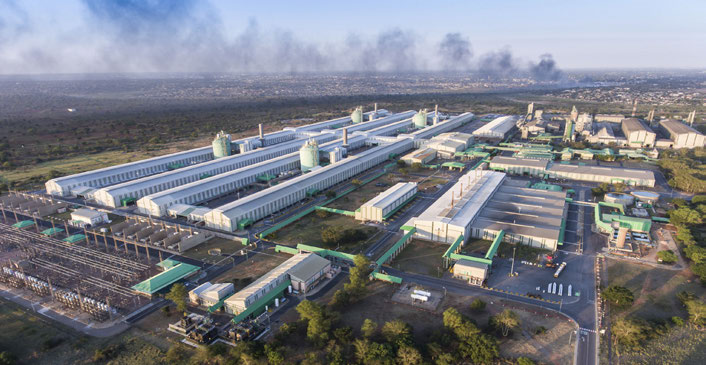
The manufacturing, cement and services industries are the business cards of the Beluluane Industrial Park, a location whose growth was interrupted by the economic crisis in 2015. With a capacity to accommodate more than 500 companies, the park was devoid of investments for four years. After that retraction period, Beluluane is back on the development and investment path. According to the General Director of the Park, Onório Manuel, the Master Plan foresees that approximately US$ 100 million will be invested over a period of 10 years (2020-2030). “We are investing in basic infrastructure internally, as is the case with energy, roads, information and communication technologies, among others,” the manager ensures. “To date, the Park has explored around 40% of its capacity for installing companies”, Manuel adds, noting that it has already started Phase II of exploration of the remaining 400-hectare area. According to the official, the global investment of companies based there, since the creation of the Park, in 2000, to date, is around three billion dollars.
Province’s Tax – 80% – Percentage of Maputo province’s tax revenue from the industrial
sector
CASE STUDIES
ÁGUA DA NAMAACHA – COMMITMENT TO QUALITY
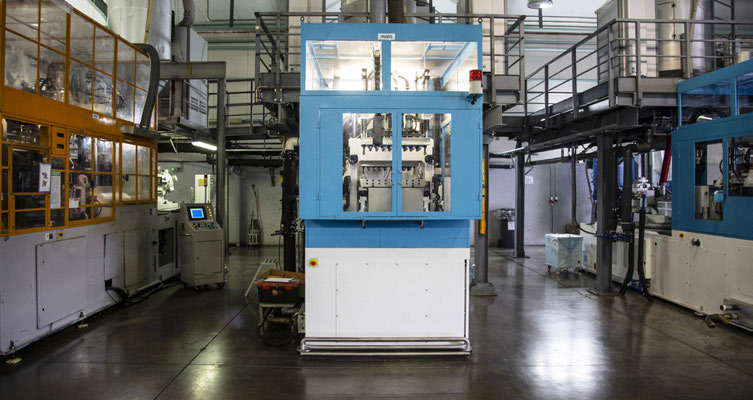
A factory located in the Namaacha mountain, occupying over 500 hectares, where the 18 abstraction points were set up, which draw natural mineral water that is the market leader to the tanks, especially in the South. “A 70% share”, Miguel Padrão, the Marketing Director, says. The production is all held through top-level technology. It is only manual in the final part, which is the placing of the bottles in the boxes.
It is a very fast production, which endures even with the losses imposed by the pandemic. In these times when the pandemic changed the world, “Água da Namaacha, by betting on very high levels of quality, has further increased its market leadership”, Padrão states. Established in 1952, today with about 400 workers, mostly Mozambicans, Água de Namaacha was a pioneer in water abstraction in Namaacha and Mozambique. Holder of quality awards won in the African, European and American continents, about two years ago, Água da Namaacha also began exploring the South African market, with a main focus on the cities of Johannesburg and Pretoria.
Sociedade de Águas de Moçambique, which owns Água da Namaacha, also produces and bottles the mineral water brand Fonte Fresca, which originates in Marracuene.
CASE STUDIES
A RECIPE FOR SUCCESS
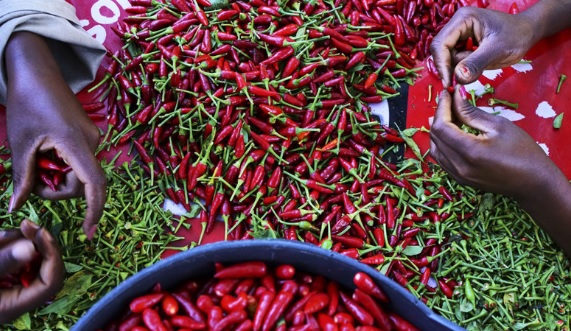
Robbie Brozen and Fernando Duarte worked together at a telecommunications company when, in 1987, they went
to a small restaurant called Chickenland, in Johannesburg, to eat peri peri chicken. Of Portuguese origin, Fernando had lived in Mozambique for many years and wanted his friend
to try that chicken. That was how the two partners bought Chickenland, giving rise to the Nando’s chain, which today has more than 1,300 restaurants worldwide, including Australia, Malaysia, the United Kingdom or the United States, among others. Who tells us the story is James Dunkin, manager of the farm where a good part of the peri peri is grown, which guarantees the production of the wide range of sauces that bear the name Nando’s PERi PERi Sauce. Called MaXamba PERi PERi, it occupies an area of about 10 hectares in the Marracuene district, just over 30 kilometres from Maputo. “It’s more of an academy than an agribusiness,” James explains, while showing us the various sections of the farm, starting with the warehouse. “There are
12 tons of dry peri peri there. It will be the biggest delivery ever to South Africa,” he says proudly. This year, 33 people will be trained in a curriculum adapted from Dicla, an agricultural training centre in the Gauteng region, South Africa. In all, MaXamba employs almost 100 people, mostly women from local communities who lived in vulnerable situations.
Industry Especial | Download

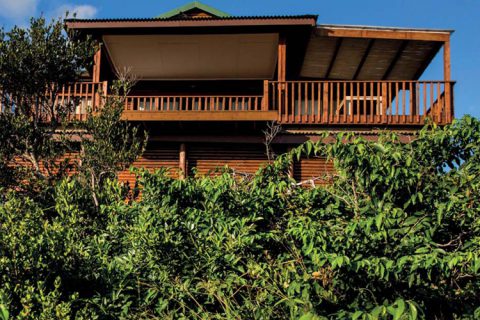

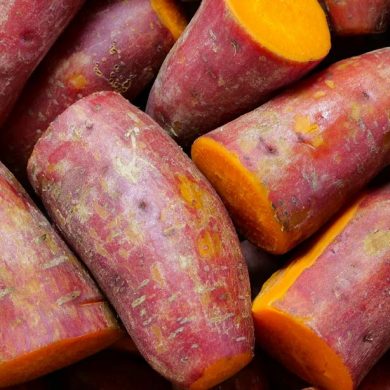

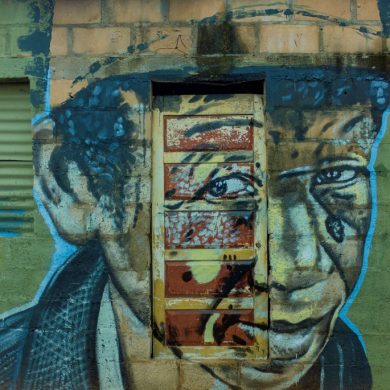
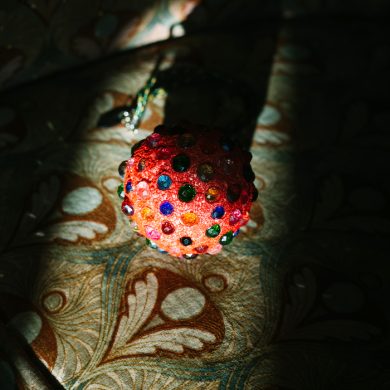
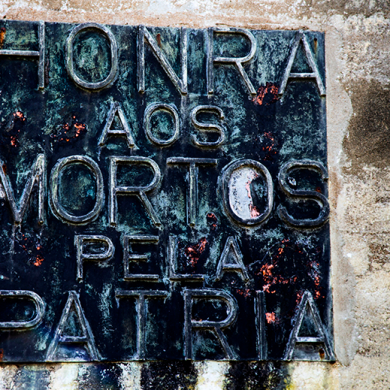















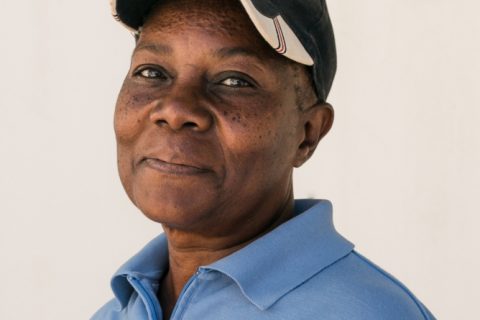



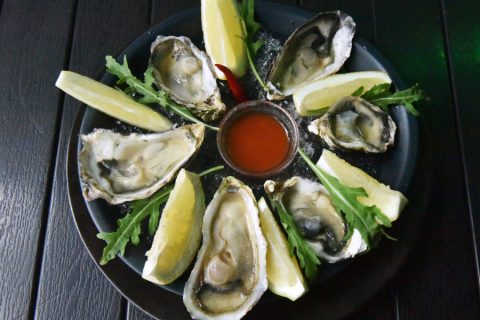

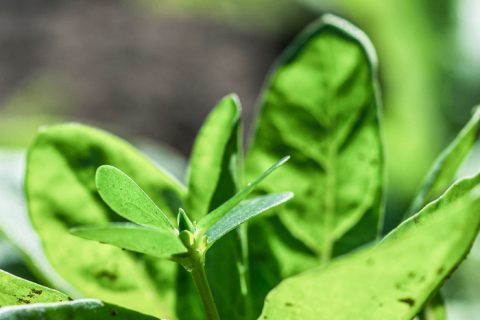
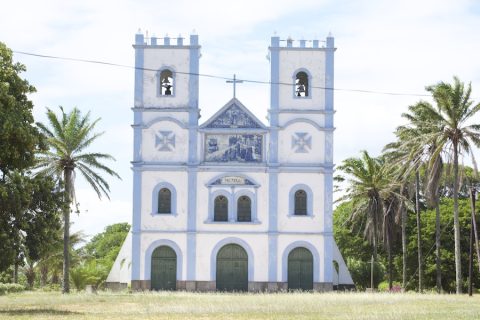
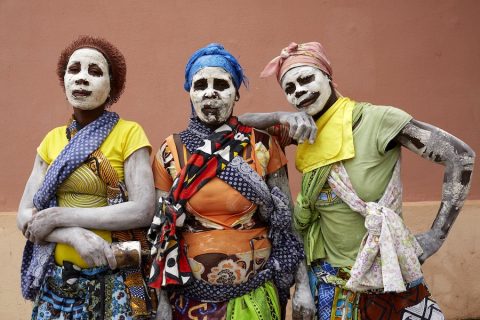
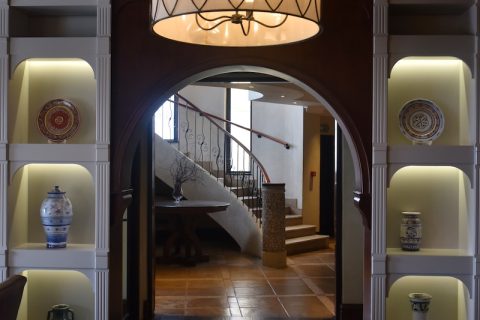


0 Comments